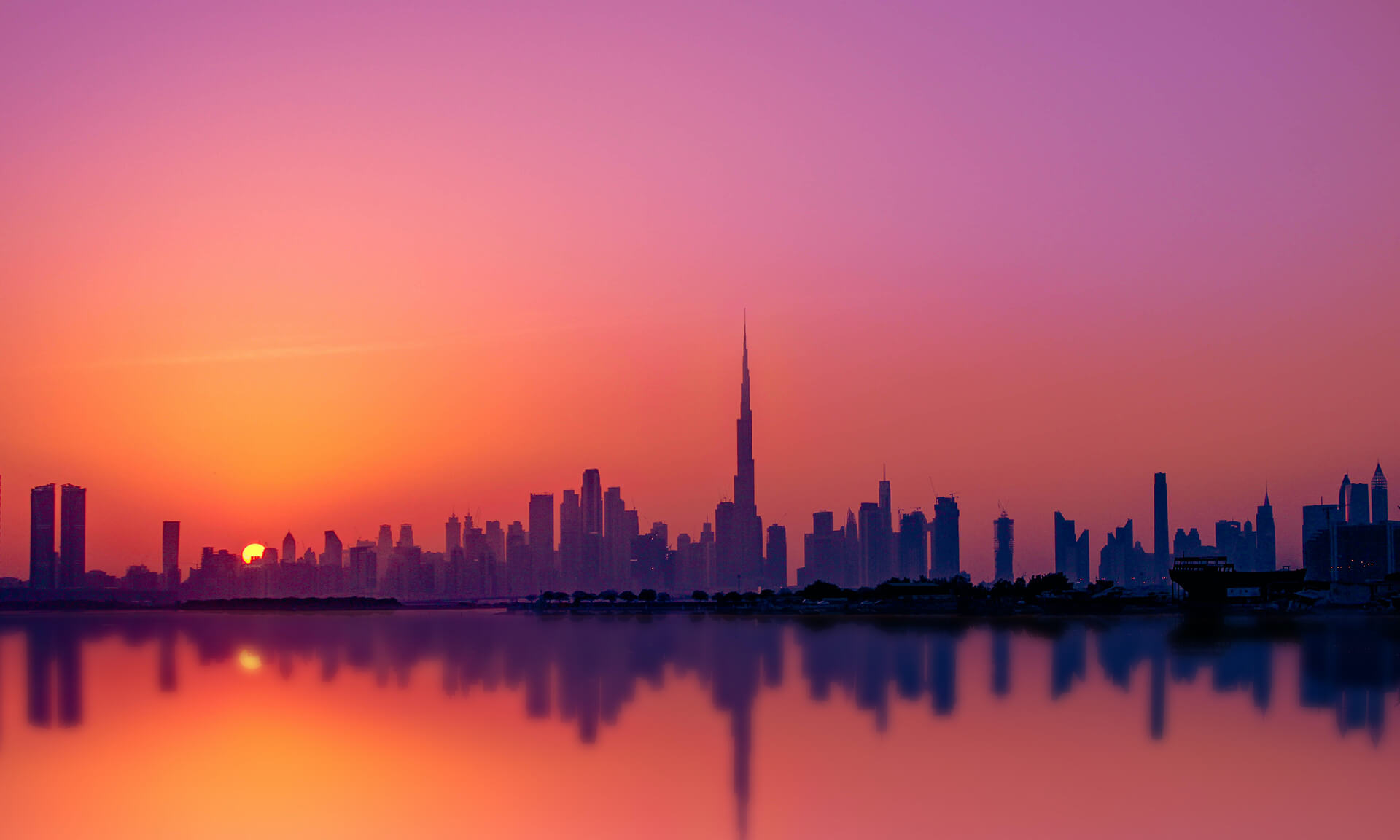Many global investors are seeing U.A.E. as an attractive destination to setup a company as it has a stable political climate and a robust economy and an efficient dispute resolution in the country. The Gulf region especially the UAE has a range of secure and well-founded institutions that can offer swift justice when disputes occur. There are numerous reliefs both formal and alternative dispute resolution processes that are available for both foreign and domestic investors.
The UAE courts are well equipped in dealing with foreign parties in disputes at the level of individual emirate or the Federal level. The companies interested in company formation in Dubai should be well aware of the advantages of the UAE’s courts as they are quite fast in deliberating evidence and in reaching a verdict. They are not only cost-effective but also provide a high degree of privacy, and the trials are not public, and parties are not identified in the published decisions.
The investors have an English language option which is based on the standard law which is more confrontational and prefers oral hearings than written submissions. The Dubai International Financial Centre Courts (DIFC) operate on the common law drawn from common law jurisdictions including the UK, Australia, Malaysia, and Singapore, complemented by qualified Emirati judges. The dispute proceedings happen in English, and they follow the system of English system of public hearings. The DIFC provides a Court of First Instance which is of rough similarity to the English High Court, with a Court of Appeal governing above it, and a dedicated Small Claims Tribunal that hears claims worth up to 500,000 AED.
A company can raise their dispute in the DIFC through multiple ways. For example, if the parties have a physical presence within the DIFC, they automatically fall under the jurisdiction of the DIFC although they can opt out of this option in their contracts. In the same way, parties that do not have a physical presence may choose for DIFC jurisdiction through express terms.
The DIFC courts are the default seat for arbitrations conducted under the rules of the DIFC-London Court of International Arbitration Centre (the DIFC-LCIA) and the specialist Emirates Maritime Arbitration Centre, and, from 2018, under the laws of the Dubai International Arbitration Centre. They are DIFC courts of the UAE are also a party to the New York Convention, and the if the DIFC Arbitration Law provides that any arbitral award irrespective of the state or jurisdiction it can be recognized and enforced by the DIFC courts. The resulting order can also be executed in Dubai and the UAE.
The DIFC courts can also recognize and enforce judgments of foreign courts. The DIFC has many memoranda of understanding with various international courts. Some of the international courts are:
- The Federal Court of the South District of New York,
- The High Court in England,
- The Singaporean High Court
- People’s Court of Shanghai,
These memoranda allow for facilitation and enforcement process both ways, and if the foreign jurisdiction rules allow, a DIFC court judgment can be exported for enforcement against foreign assets.
The UAE is a part of a broader network of jurisdictions through the GCC. The 1996 GCC convention has a system in place for certain circumstances which call for the automatic mutual and reciprocal execution of the final judgment of courts of Bahrain, Saudi Arabia, Oman, Qatar, Kuwait and the UAE in the other jurisdictions.The 1983 Riyadh Convention covers 20 countries and also allows for the recognition and enforcement of judgments.
The DIFC Courts are preferred for litigation and are mostly used for numerous arbitrations under some institutional rules.The DIFC’s Dispute Resolution Authority even allows non-Muslims, including foreigners resident in Dubai or Ras Al Khaimah, the ability to register a will with the Wills and Probate Registry. This gives the will probator a much-needed leeway which is similar to the English law, and it means that upon the death of the probator, the assets that come under aregistered will cannot be disposed as per the Sharia rules.
Other than the DIFC English language common court, the Abu Dhabi Global Markets (ADGM)Courts sit in a financial free zone and have recently concluded their first case. The ICC in recent times opened an organizational base in the ADGM, and it is likely that it will become the default (but not mandatory) seat for arbitrations under ADGM-ICC rules.
The foreign investors and companies vying a place for company formation in Dubai or are trade partners with their counterparts in the UAE must understand that the rule of law reigns supreme in the UAE. It provides an expert judiciary arbitratorialdisputes that are free from corruption and a transparent process that is open to appeal.














